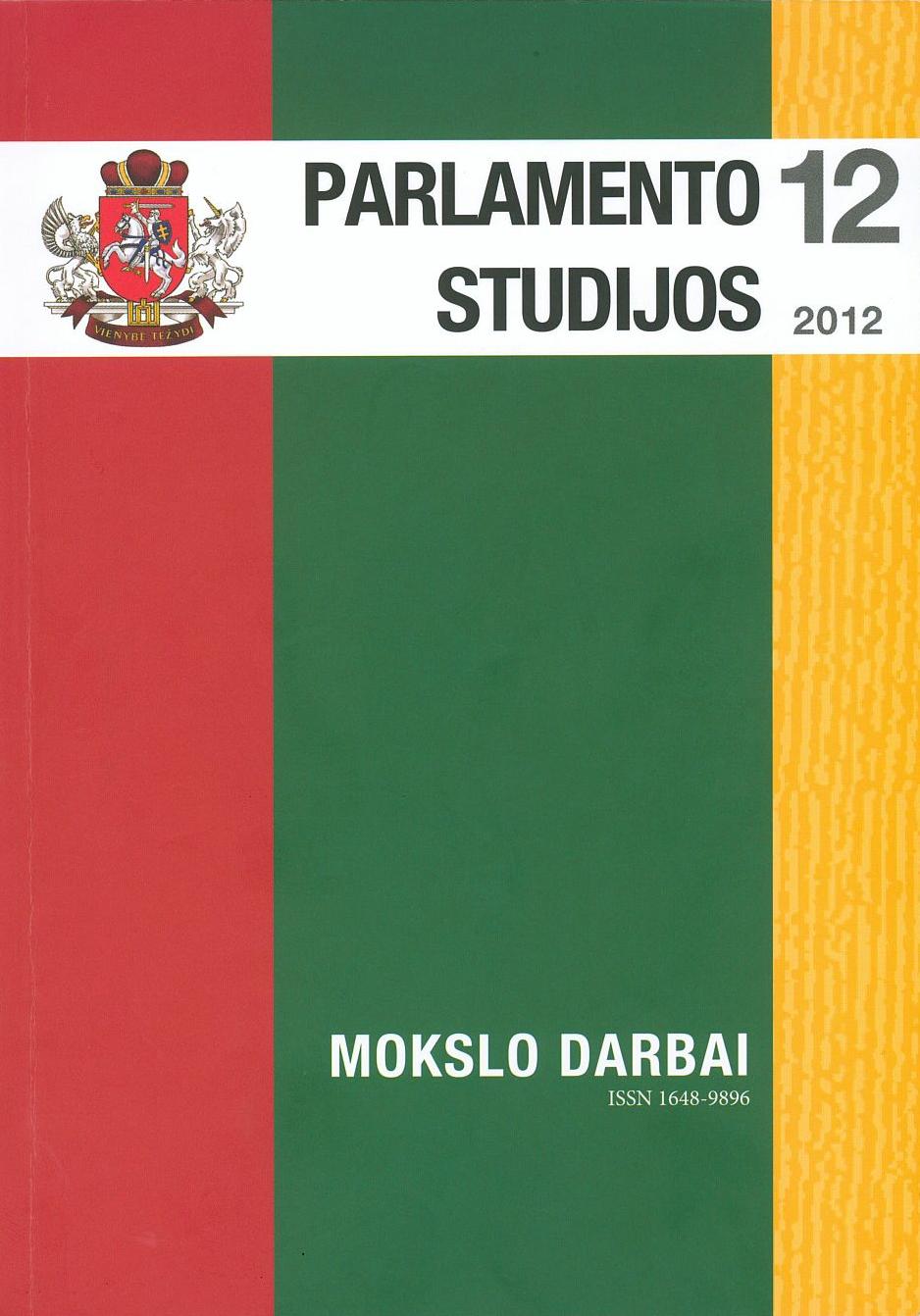Term of the Monarch‘s Authority in a Parliamentary Monarchy
DOI:
https://doi.org/10.51740/ps.vi12.284Keywords:
Monarchy, Form of Government, Parliament, Term Limits, SovereigntyAbstract
The Papal enclave in Avignon and growing power of kings in France and England provoked first disputes of medieval thinkers about the tenure of monarch and the right to depose them by the nation or its representatives. Some cases of deposed Popes by Church councils in a beginning of XV century served to create precedents of execution of head of state term limits in reality. According to them, discussion between European scholars about the limitations of head of secular state tenure also started.
The crisis of absolutism in Spain and England between XVI and XVII centuries gave opportunities for nations or their representatives to depose kings or governors. Execution of such measures also uncovered the problems continuing governing state without the head of state. Its solution was connected with the recognition of sovereignty of the nation and its representation. The works of Thomas Hobbes, John Locke and others (Francis Hutcheson, Charles – Louis Montesquieu) about the origin of the sovereignty, its execution in the monarchy enhanced the power of the parliament and significance of constitutional acts, drafted by this institution and linked to its right to regulate and control the tenure of Throne.
The British system of measures and requirements, according the monarch term limits spread in other European and World monarchies. During the ages, the right of nation or its representatives (parliament) to set and control the term limits of Throne became dominant in most of monarchies of the present time. It could be judged as satisfying the principles of sovereignty, separation of powers and supremacy of constitution.








 The metadata of the scholarly journals and publications of the Lithuanian National Martynas Mažvydas Library is distributed by
The metadata of the scholarly journals and publications of the Lithuanian National Martynas Mažvydas Library is distributed by 